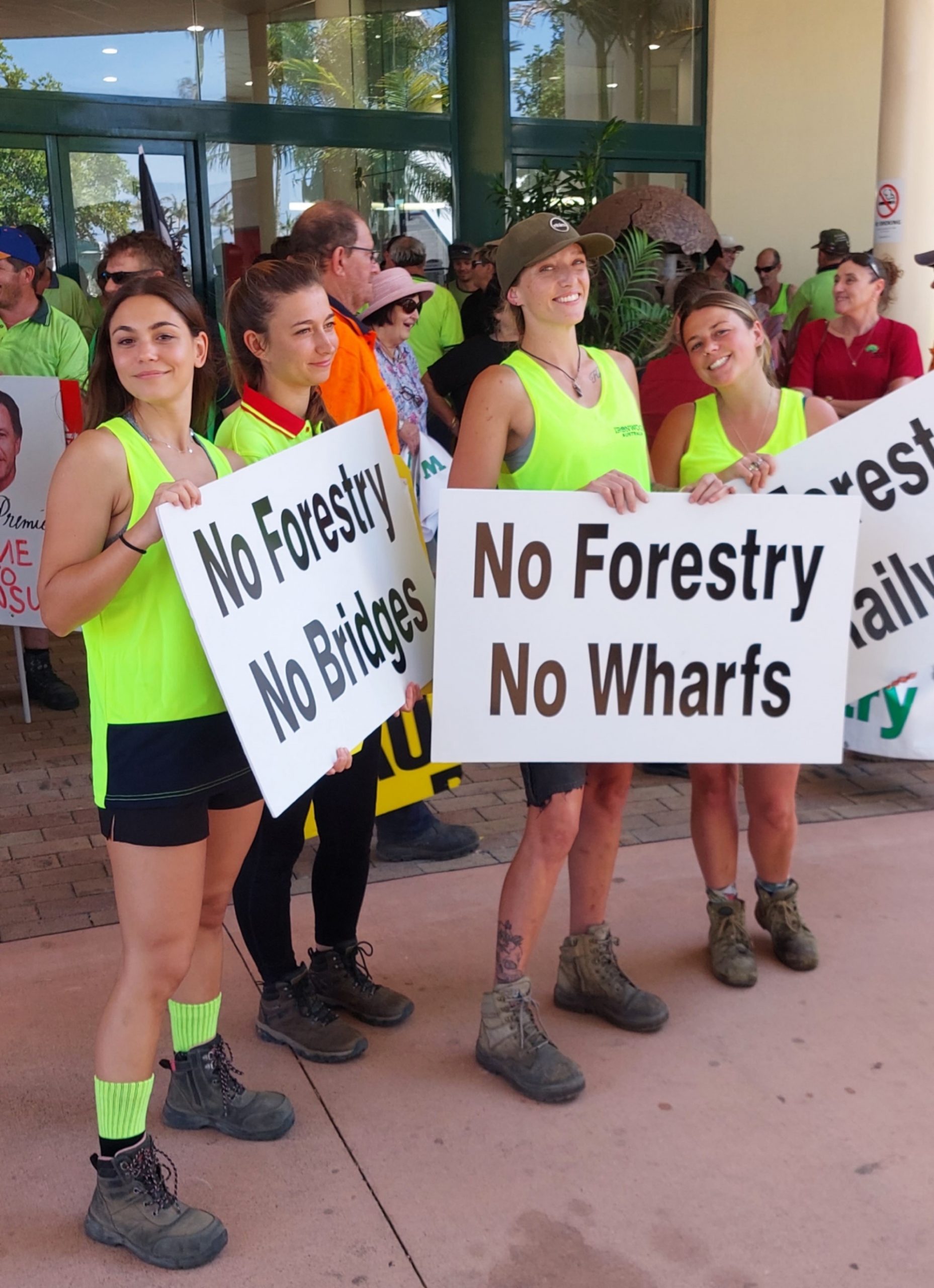Minns government have hard(wood) choice to make
EXECUTIVE OFFICER MEDIA RELEASE
FWCA latest news and post
As New South Wales eagerly awaits a court judgement, the fate of native timber harvesting in the state hangs in the balance. This sector deeply ingrained in regional, rural and remote NSW – has for generations served as a sustainable cornerstone for communities, families and businesses.
Tomorrow morning, 10 January, the Federal Court will hand down the decision of a case which was heard in March 2022 – which was brought by so-called “environmental group” North East Forest Alliance (NEFA) against the Commonwealth of Australia and the State of NSW in the first ever legal challenge to a Regional Forest Agreement (RFA) in NSW.
Recent legal challenges posed by irresponsible and misguided so-called “environmental” groups have created an atmosphere of uncertainty, prompting the hard-working Australians in timber towns NSW wide to contemplate the potential far-reaching consequences that may unfold.
For generations, native timber harvesting has been a vital source of livelihood – contributing significantly to local economies within rural, regional and remote areas. The sustainable native timber sector supports countless communities, offering employment opportunities and fostering economic stability in towns as geographically diverse as Grafton, Eden, Kyogle and Barham.
We are hopeful at Forest and Wood Communities Australia that the Minns Labor Government will continue to support the sustainable native timber sector and not give into the anti-rural pro-activist tendencies of their Victorian Labor cousins. The Victorian experience shows us the potential impacts that a mismanaged sector-wide shutdown can have as those confronted with an uncertain future seek potential opportunities elsewhere. Due to the actions of Dan Andrews and his successor Jacinta Allan many of these timber towns are now struggling to redefine their economic identity – with the likely creation of a swathe of new welfare towns.
Rural communities that are already grappling with challenges such as depopulation, limited economic diversification and already high unemployment, stand particularly vulnerable to the potential fallout. Historically, when major industries leave towns and cities – recovery or transition takes decades – if it works at all. This often means families feel the brunt quickly – with unemployment, decline in essential services such as health and education alongside increases in family breakdown.
The options for the New South Wales Government are clear – support the continued success of our regional, rural and remote working-class families and their sustainable native hardwood sector or jump on the bandwagon with the extremist ideologs that seek to weaken our families, our forests and our future.
ENDS


